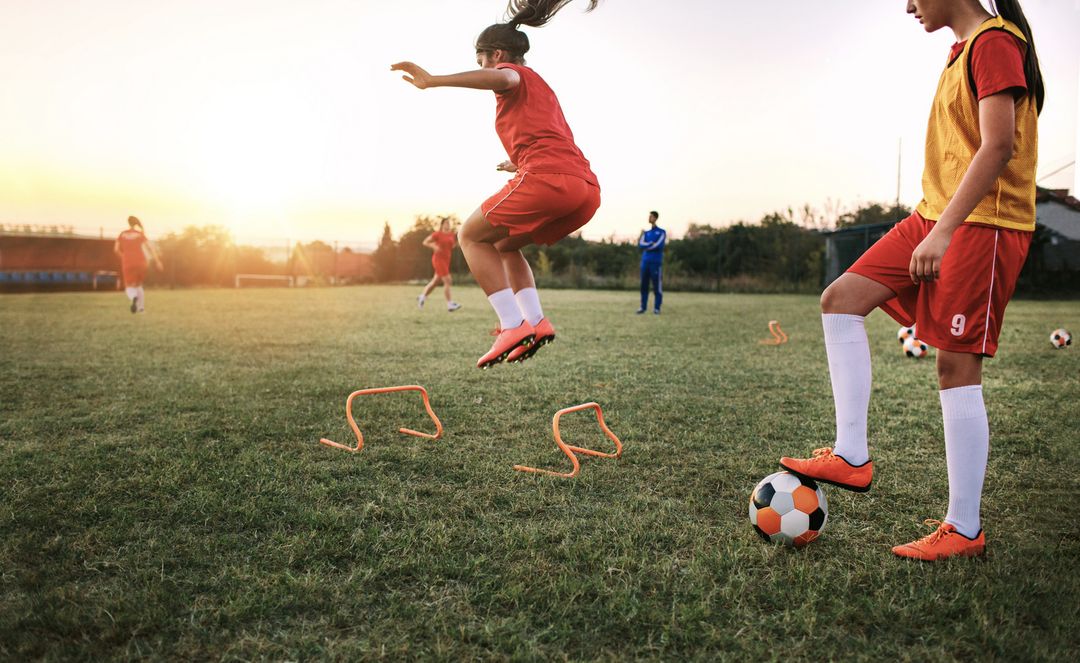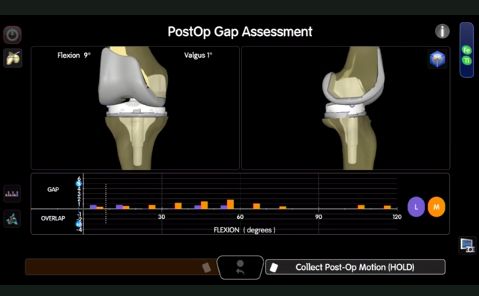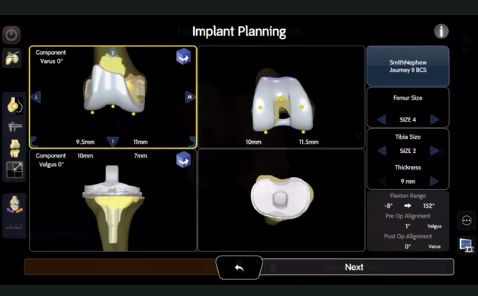Knee Surgery?
Request Appointment
Discover The Benefits of Robotic-Assisted Surgery

Faster Recovery

A Longer Lasting Knee Joint

A More “Normal Feeling” Knee
3Patients who undergo partial knee replacement often report a ‘more normal’ feeling knee, less pain, and quicker rehabilitation.
4With a CORI robotics-assisted procedure using Smith+Nephew implants, you can keep more of your natural bone and ligaments, including the ACL. That means your body can maintain more of its natural rhythm and step.
Let's Talk About It
Contact us to set up an appointment with our surgeons to identify the problem and the best solution for you.
CORI® Trained Edmonds Orthopedic Surgeons
Aric Christal, MD
Learn More
Sean Amann, MD
Learn More
David Kuechle, MD
Learn More
Why Robotic-Assisted Surgery With The CORI System Can Achieve Better Outcomes Compared to Traditional Knee Replacement Surgery

Better Accuracy
Better Planning
Faster Recovery
Smaller surgical incision
More natural knee motion
Lower risk of complications
Less Pain
There is less cutting of tissue.
No Hospital Stay Required
Done as an outpatient surgery.
What is Robotic-Assisted Surgery?

During the procedure, the surgeon uses CORI Robotics to collect anatomical data. The computer builds a 3D model of the patient’s knee that helps the surgeon precisely place the implant and balance the knee’s ligaments for optimal alignment and function, what surgeons call “a well-balanced knee.”
All this data allows your surgeon to pre-plan your surgery and even “test fit” the implant to ensure optimal results, even before the surgery begins!
Research Studies
1A robotics-assisted knee replacement with Smith+Nephew implants may get you back in the game six months sooner than traditional knee replacement surgery.
Canetti R, et al. Arch Orthop Trauma Surg. 2018;138:1765-1771.
2Smith+Nephew robotics-assisted technology helps your surgeon position your knee implant more accurately for better overall alignment. This can help avoid uneven wear on your implant and can result in a longer-lasting knee. (uni)
Collier, Matthew, et al., “Patient, Implant, and Alignment Factors Associated With Revision of Medial Compartment Unicondylar Arthroplasty.”, Jour of Arthro, Vol 21 No 6, Suppl. 2, 2006. https://www.ncbi.nlm.nih.gov/pubmed/16950071 (Accessed 4/30/2019) Purchase link https://www.arthroplastyjournal.org/article/S0883-5403(06)00349-4/fulltext (Accessed 4/30/2019)
Hernigou, Ph, Deschamps, G., “Alignment Influences Wear in the Knee after Medial Unicompartmental Arthroplasty.”, Clin Orthop Relat Res., Volume 423, June 2004, pp 161-165 https://journals.lww.com/clinorthop/Fulltext/2004/06000/Alignment_Influences_Wear_in_the_Knee_after_Medial.26.aspx (Accessed 4/30/2019)
3Patients who undergo partial knee replacement often report a ‘more normal’ feeling knee, less pain and quicker rehabilitation
Hall et al., “Unicompartmental Knee Arthroplasty (Alias Uni-Knee): An Overview with Nursing Implications,” Orthopaedic Nursing, 2004; 23(3): 163-171.
4With a robotics-assisted procedure using Smith+Nephew implants, you can keep more of your natural bone and ligaments, including the ACL. That means your body can maintain more of its natural rhythm and step.
00225 V3 JOURNEY II Design Rationale 11.17.